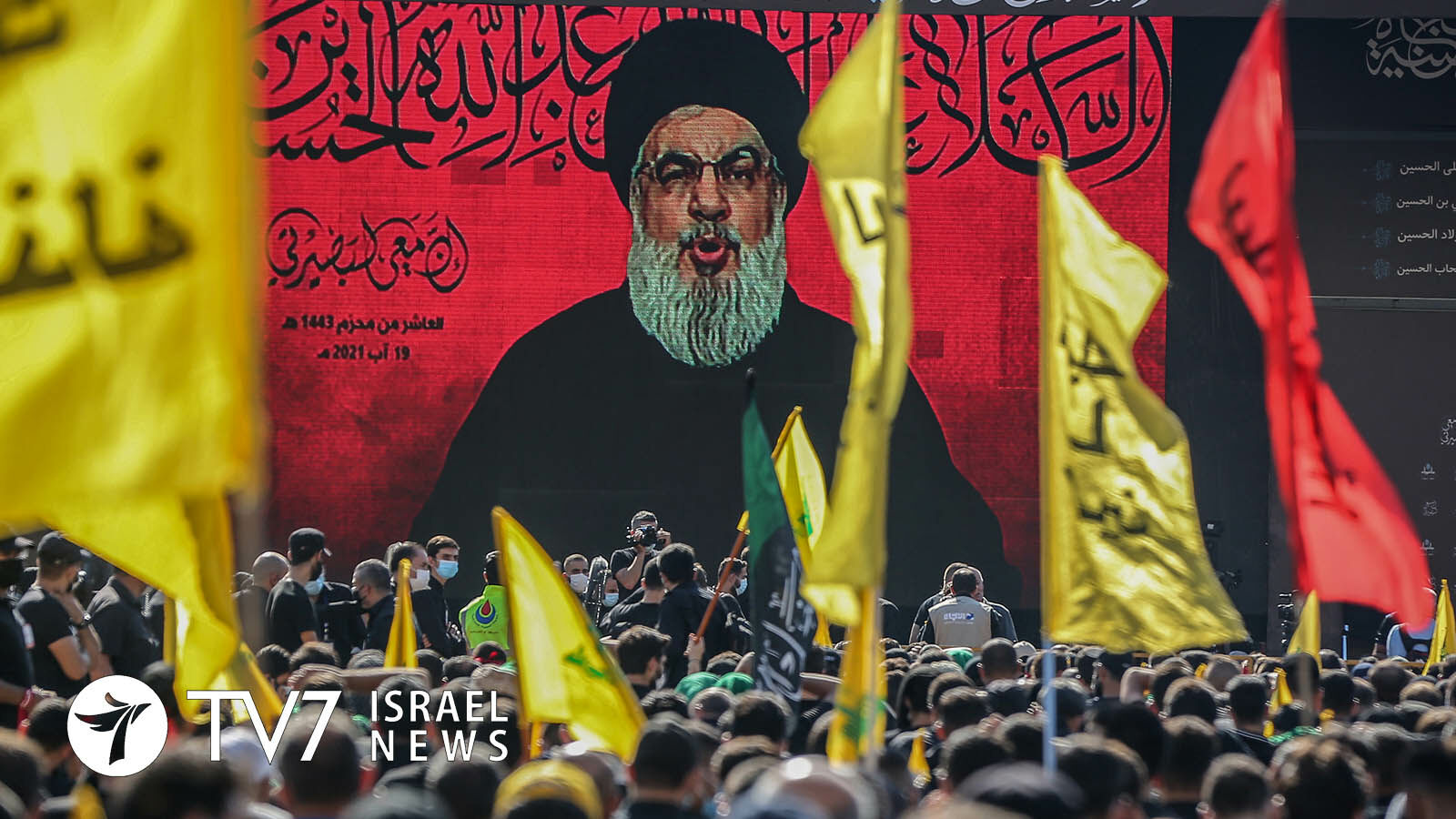At least 6 Shi’ite Muslim Lebanese were shot dead in Beirut yesterday, in an attack on protesters on their way to attend a demonstration called by Hezbollah to demand the removal of Judge Tarek Bitar, the lead investigator of last year’s massive explosion that ripped through the city’s port.
By Erin Viner and Jonathan Hessen
The heavily armed Iran-backed Hezbollah had led calls for Bitar’s dismissal on charges of bias and conducting a politicized probe only focused on certain people, after he wanted to question a number of senior politicians and security officials on suspicion of negligence by improper storage of a huge quantity of ammonium nitrate that led to the port explosion. Some of those sought for questioning include senior members of close the Shi’ite Amal Movement, Hezbollah ally, who occupied ministerial posts at the time.
According to local sources who spoke to TV7 on condition of anonymity, tensions erupted near a courthouse where Hezbollah’s legal complaint against Bitar- widely regarded as an impartial justice – had been dismissed, granting him approval to resume his probe.
A large group of Hezbollah supporters had demonstrated outside the court during deliberations. “We protest to affirm our call for a fair and transparent investigation by an independent judicial authority,” said one protestor who declined to be named. He went on to declare, “We do not accept hiding the truth by utilizing politics to serve agendas that do not serve the case or the investigation.”
The Lebanese Armed Forces (LAF) said in a statement the gunfire had targeted the Hezbollah protesters as they passed through the Teyouneh traffic circle located in an area dividing Christian and Shi’ite Muslim neighborhoods. The unknown gunmen reportedly opened fire as the group began marching through the Christian neighborhood of Ain el-Remmaneh, prompting the evacuation of Christian residents of the area for fear the clashes would spiral out of control.
Witnesses told Reuters that bursts of ongoing gunfire were heard for hours, in addition to several explosions believed to have resulted from the firing of rocket propelled-grenades. Local television stations broadcast images of bullets ricocheting off buildings as people ran for cover, while teachers a a nearby school instructed young children to lie face down on the ground with their hands over their heads.
The independent Al Jadeed Lebanese TV station aired footage of a lifeless body being dragged from the street by bystanders, and a military souce said that one of the fatalities was a woman hit by a bullet while in her home.
As Lebanese Prime Minister Najib Mikati appealed for calm, the LAF was heavily deployed to the Teyouneh area where security forces threatened to open fire against any armed person on the road.
Repeating statements from Interior Minister Bassam Mawlawi that the snipers had deliberately aimed at people’s heads, Hezbollah and Amal claimed the protestors were attacked in attempts to ignite a wider sectarian conflict. The 2 Shi’ite groups also accused the Lebanese Forces (LF), a Christian party with close ties to Saudi Arabia, of responsibility for the attack.
LF leader Samir Geagea, whose group had a powerful militia in the war, condemned the shooting. In a call for the preservation of civil peace, he insisted the incident was the result of uncontrolled weapons in society.
On Wednesday, Geagea had rejected what he described as any submission to “intimidation” by Hezbollah over Bitar, while calling on Lebanese to be ready for peaceful strike action if the “other side” tried to impose its will by force.
The shooting was carried out on a frontline of the country’s 1975-90 Civil War. It marks the worst civil violence in Beirut since 2008 when followers of the Sunni-led government fought battles in Beirut with gunmen loyal to Hezbollah – which took the streets until the government rescinded decisions the terror group, including taking steps against a telecommunications network it operated.
Political tensions have been mounting over investigation into the cause of the catastrophic August 2020 port explosion, which killed more than 200 people and devastated large parts of the capital. The standoff over Bitar’s probe has also diverted efforts of the newly formed government to tackle one of the most dramatic economic meltdowns in history, which has seen the 90% devaluation of the national currency and plunged more than three quarters of Lebanese into poverty.
